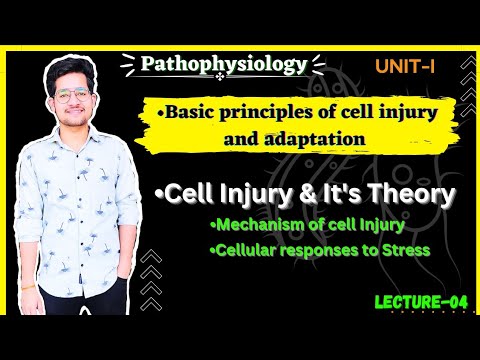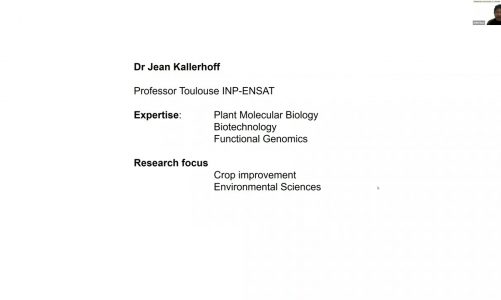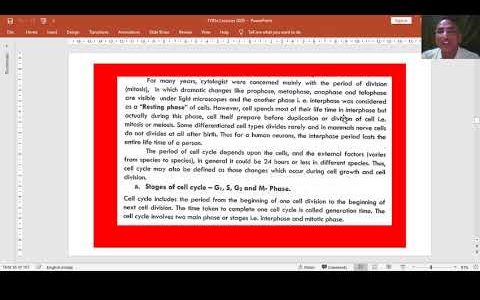Join Telegram for notes
Link is in about section of channel
Cell Injury and it’s Theory | Mechanism of Cellular Injury | Cellular response to Stress | Lec-04 |
Playlist-
Pathophysiology-https://youtube.com/playlist?list=PLmyQZ1yZahwZ0sqRm-JKVFEBEr7hwzrse
NERVOUS SYSTEM-
Pharmaceutical organic chemistry playlist-
Podcast playlist-
#Basic_principles_of_cell_injury_and_adaptation
#Cause_of_cellular_injury
#pathophysiology
#pathophysiology_b_pharma_second_semester_unit_1
#B_pharma
#Theory_of_cell_injury/disease
#mechanism_of_cell_injury
Theory of Cellular Injury:
The theory of cellular injury describes the mechanisms and processes that occur when cells are exposed to harmful stimuli. According to this theory, cellular injury can result from a disruption in the balance between cell damage and cell repair mechanisms. When cells encounter stressors beyond their adaptive capacity, they may undergo structural and functional changes, leading to injury or cell death.
Mechanisms of Cell Injury:
Cellular injury can occur through various mechanisms, including:
1. Disruption of Cellular Homeostasis: Stressors can disturb the normal balance of cellular processes, such as ion gradients, energy production, or protein synthesis. This disruption can impair cell function and trigger injury.
2. Mitochondrial Dysfunction: Mitochondria are responsible for energy production within cells. Injury can compromise mitochondrial function, leading to decreased ATP production, impaired oxidative phosphorylation, and the generation of reactive oxygen species (ROS) that damage cellular components.
3. Oxidative Stress: Exposure to stressors can induce the production of ROS, which are highly reactive molecules that can damage cellular proteins, lipids, and DNA. Accumulated oxidative stress can overwhelm the cell’s antioxidant defenses, leading to cellular injury.
4. Genetic and Epigenetic Alterations: Cellular injury can result from genetic mutations or epigenetic changes that affect gene expression and cellular function. These alterations can disrupt vital cellular processes and contribute to injury and disease.
Cellular Responses to Stress:
Cells have various adaptive responses to stress, aiming to restore homeostasis and minimize injury. These responses depend on the nature, duration, and intensity of the stressor. Some common cellular responses include:
1. Hypertrophy: In response to increased functional demands or stress, cells can undergo hypertrophy, where they increase in size and protein content to enhance their functional capacity.
2. Hyperplasia: Certain cells can undergo hyperplasia, which involves an increase in cell number, to compensate for cell loss or increased workload.
3. Metaplasia: Cells can undergo metaplasia, where one type of differentiated cell is replaced by another type that is better suited to withstand the stressful conditions. However, metaplasia can also predispose cells to further injury.
4. Apoptosis: When the extent of cellular injury is severe or irreversible, cells may undergo programmed cell death, known as apoptosis. This process helps eliminate damaged or unnecessary cells to maintain tissue integrity.
5. Necrosis: In cases of severe injury or insufficient energy supply, cells can undergo necrosis, a form of uncontrolled cell death characterized by cellular swelling, rupture, and inflammation.
Understanding the theory of cellular injury and the mechanisms and responses involved is crucial in elucidating the pathogenesis of various diseases and developing strategies for their prevention and treatment.
#Subscribe
#Nurturing_medicos / @vishal_aditya
source



